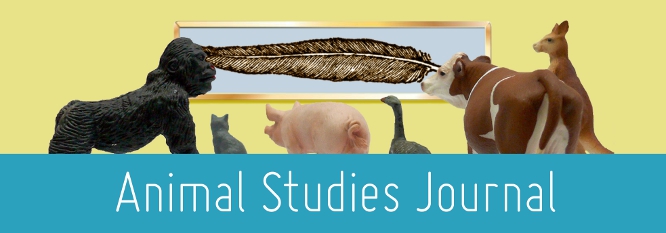Home > assh > ASJ > Vol. 10 (2021) > No. 1

Abstract
COVID-19 has brought to the fore the violence faced by slaughterhouse workers and those they are charged with slaughtering. This article argues that COVID-19 has wrought an acceleration of the slow violence of state organized race crime (Nixon, Ward), in spreading rapidly through the slaughterhouse and to surrounding racialized communities. We show that zoonotic pandemics are the result of state organized race crime, and that abattoirs are locations of inseparable animal and racial violence. We then analyse how the law and state institutions have positioned slaughterhouse work as essential, contra workers’ claims and general knowledge that meat is an inessential ‘item’. We argue that this demonstrates the mechanics of state organized race crime and accelerates the speed of slow violence, while maintaining its insidious and routine nature. We then consider the #Boycottmeat movement which includes slaughterhouse workers, whom despite having a vested interest in this industry, have advocated for meat boycotts and a transition to plant-based diets as a matter of personal and collective safety.
Recommended Citation
Struthers Montford, Kelly and Wotherspoon, Tessa, The Contagion of Slow Violence: The Slaughterhouse and COVID-19, Animal Studies Journal, 10(1), 2021, 80-113.Available at:https://ro.uow.edu.au/asj/vol10/iss1/7
Included in
Agricultural and Resource Economics Commons, Animal Studies Commons, Art and Design Commons, Art Practice Commons, Australian Studies Commons, Communication Commons, Creative Writing Commons, Digital Humanities Commons, Education Commons, English Language and Literature Commons, Feminist, Gender, and Sexuality Studies Commons, Film and Media Studies Commons, Fine Arts Commons, Legal Studies Commons, Linguistics Commons, Philosophy Commons, Political Science Commons, Public Health Commons, Race, Ethnicity and Post-Colonial Studies Commons, Sociology Commons, Theatre and Performance Studies Commons

